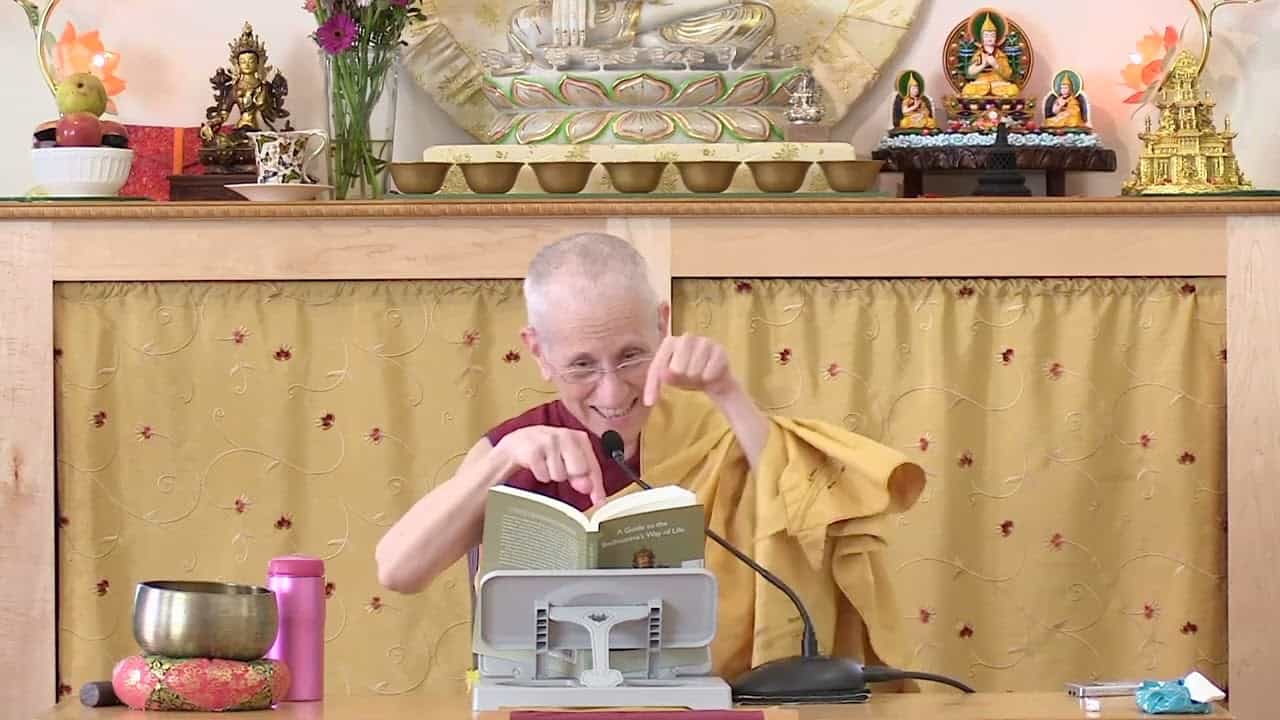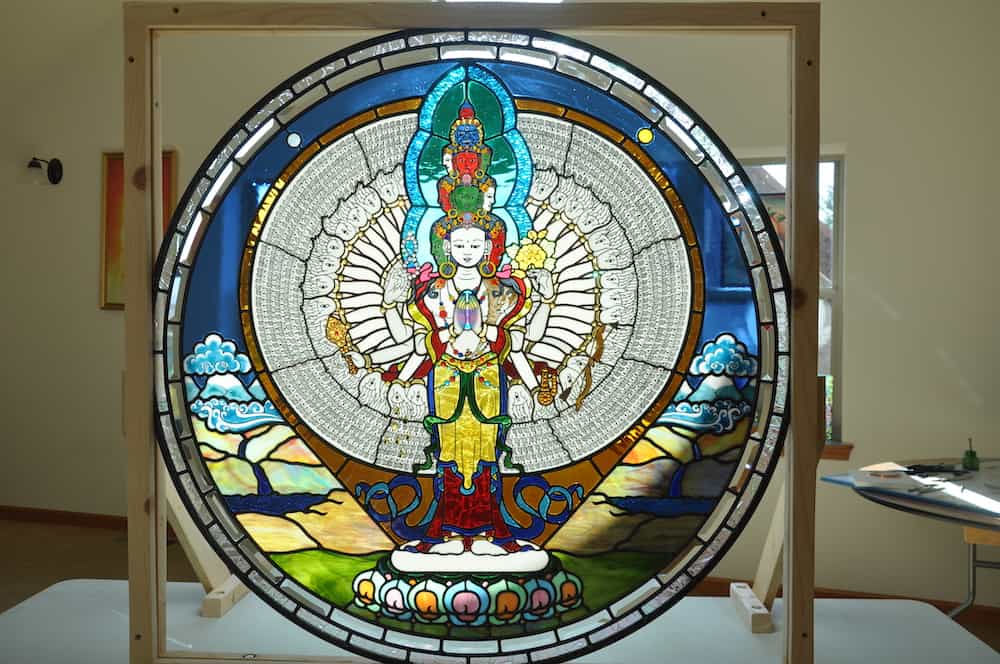Healing past relationships
By D. E.

Restorative justice conceives of justice as repair to the harm caused by crime and conflict, rather than punishment. Understanding and responding to the needs of all parties involved and the broader community is central to the collective creation of a just outcome. D.E. participated in a restorative justice program and shared his reflections about a session about family relationships.
One guest speaker’s primary message was that we are so much more than the sum total of our worst mistakes. Although I may not have children of my own, I do have nephews on both my brother’s and sister’s side of the family. When I was arrested, I hoped that my nephews would not learn of my troubles. My Dad passed away several months after my arrest.
My brother’s sons started asking, “Why is Dad going to see Uncle D to break the news about Grandpa?” I could not attend the wake or funeral, which prompted the nephews to ask, “Where’s Uncle D?”
They googled me and learned all of the details that the Internet had to offer. This made me wonder, “Am I still Uncle D, or am I ex-con D now?”
Being reminded that I am more than my worst mistakes enabled me to know that I am still Uncle D. I may need to have some open and honest conversations with the nephews, but I am comfortable with the amends I am making and I won’t shy away from those conversations when they happen.
Another guest speaker for this session talked about the importance of writing to our kids and staying involved in their lives even while we’re in here. In my thank-you note to this speaker, I told her that I truly know the importance of writing. I’m lucky, I get quite a bit of mail. I’ve known several inmates who don’t get much, if any. I’ve learned not to talk too much about the mail that I get, it can be a sensitive topic for those who don’t get much. But I cherish the mail that I receive, I save every piece of it!
Some time ago, I was bundling up some mail to send home (we’re only allowed to have a certain amount of mail in our cells). I asked myself, “Why am I saving this? I doubt that I’ll read it again once I’m released.” But then I realized that that mail has gotten me through some dark times. I can’t just throw it away…
Then I saw what I’ll do with it—I’ll be made into a papier-mâché Buddha! Letters from family and friends will be made into a Buddha. Letters from Zen pals (other practitioners supporting my practice) will become a lotus blossom for the Buddha to sit on. (Those letters will continue to support the Buddha!)
I even still have angry letters that my ex-wife had sent, and angrier replies to her which I wrote but did not send… They’ll be burned, and the ashes will be used in this project, too. I’ve seen Thich Nhat Hanh’s teaching, “No mud, no lotus.” The ashes will become the mud that the lotus blooms from. I’m looking forward to that project. That Buddha will then reside on an altar I’ll have inside the house. When I bow to that Buddha, I’ll be bowing to everyone who has supported my practice. So, I’ll be bowing to everyone!
More posts by D.E. on restorative justice:
Incarcerated people
Many incarcerated people from all over the United States correspond with Venerable Thubten Chodron and monastics from Sravasti Abbey. They offer great insights into how they are applying the Dharma and striving to be of benefit to themselves and others in even the most difficult of situations.


